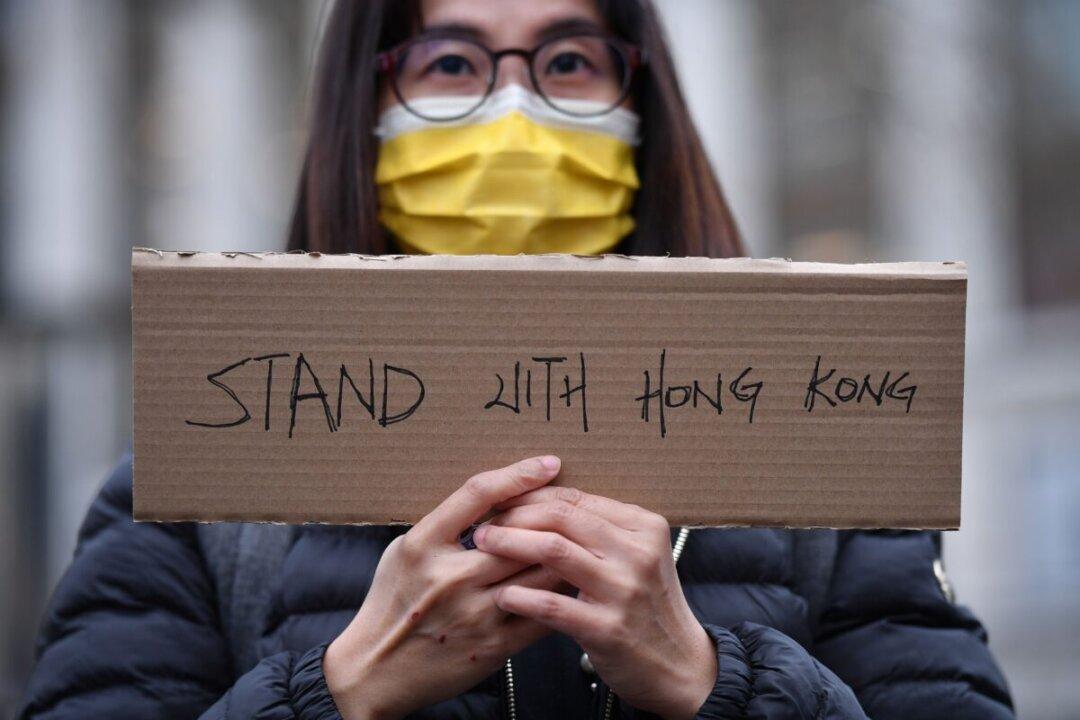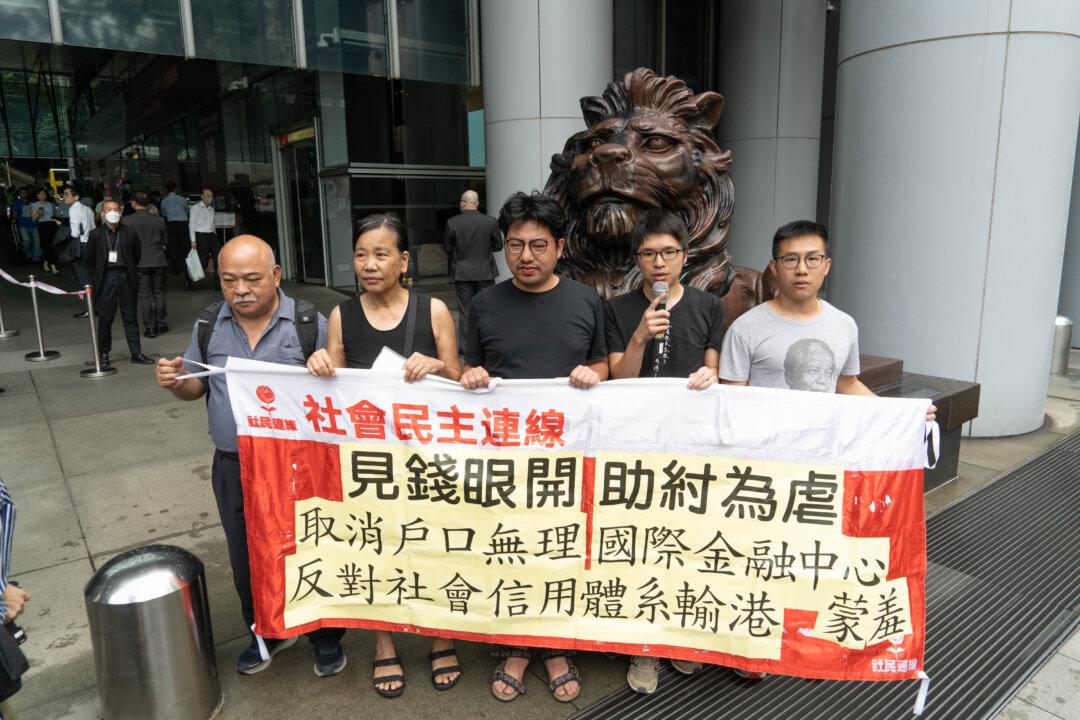For the past few years, many people have lost their jobs due to the pandemic. Criminals are taking the opportunity to find their next targets online. Hongkongers are no different. In recent weeks, Hongkongers became victims of human trafficking scams in Cambodia.
While the Hong Kong Police Force depends on the regime for action, Taiwan has been making swift rescues.




